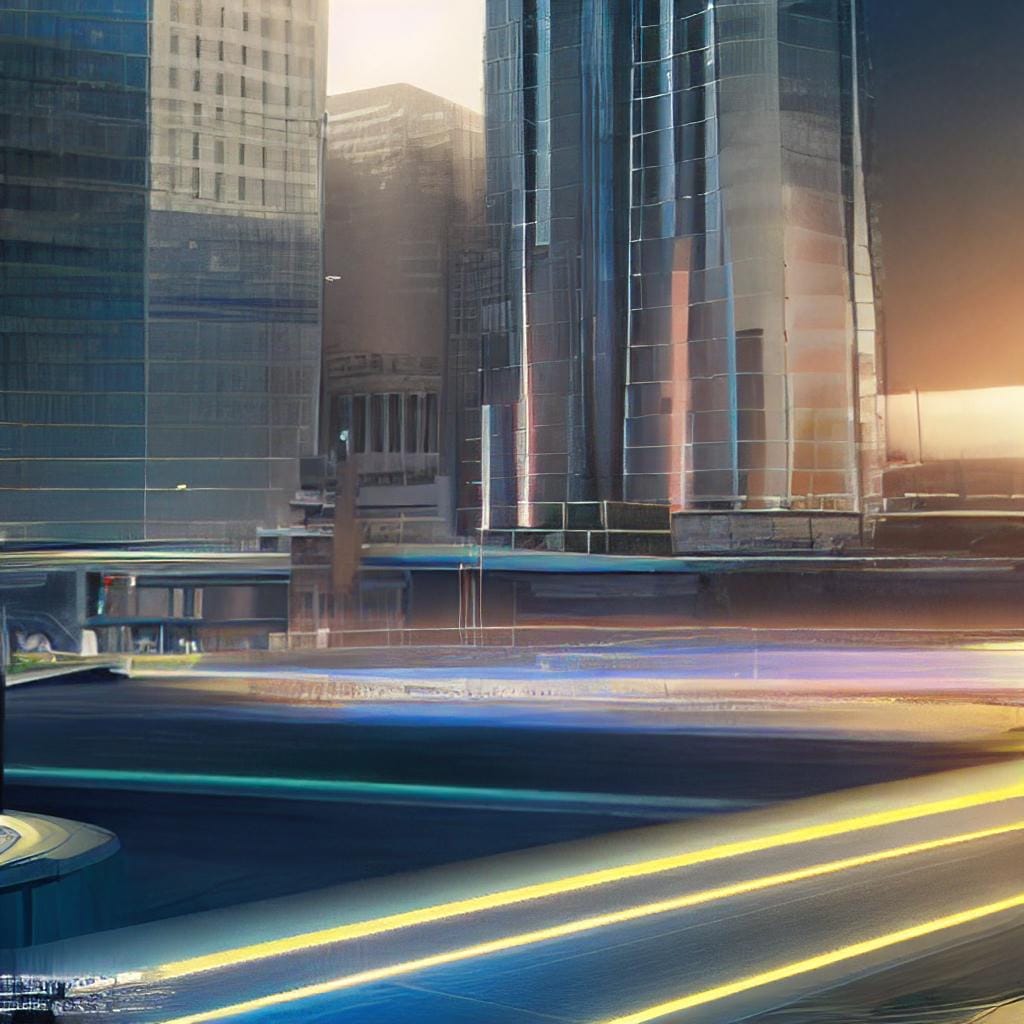Technology is heavily embedded into daily life, and it is constantly developing and shaping society. It is therefore difficult to keep up with certain rules or its true effects.
Adaptation is always necessary, especially in this modern era. However, doing so can also present some implications. This adaptation to technology and its role in modern society was also pushed by the COVID pandemic, since it forced many public services to convert or offer online alternatives.
Many did their best to adjust, but this change was unprecedented. Many public services tackled this challenge with the resources and knowledge at hand, and the judicial system was no stranger to this change.
Judicial courts were left with no option but to embrace and increasingly rely on technology along with the rest of public services. Technology generally promises accessibility and convenience. However, it also highlights the inequalities present in society. Namely, these are related to income and lack of access to devices and secure internet connections.
These raise a question for members of society suffering disproportionately from poverty or lack of access to education.
What societal issues are raised with the pervasion of technology?
This inequality is also evident in the judicial system, as users that did not have reliable internet service in contrast with their partners who did suffered difficulties accessing court resources.
Societal issues aren’t limited to the inequalities faced. In this modern era, it is also easy for technology to play a role in sleuthing abilities. This has presented concerns over the increasing reliance on mobile phone searching, namely over the ethics of mobile phone surveillance.
These concerns revolve mainly around data and privacy.
The line between ethical and unethical blurs especially when dealing with law enforcement and judicial cases, since it is completely an evolving legal landscape. It can be difficult to name or disclose dependency on this technology officially in court records due to ancient court or judicial law not appropriately covering this dependency.
Modern technology was not envisioned during the development of current legal protections. Therefore, it is easy to raise questions regarding the legality of aerial or mobile surveillance.
For example, can air space be considered an entity for which a search warrant is necessary? Is it illegal to fly drones over a private facility if there have been suspicions of illegal activity?
It is extremely difficult to delineate the legality in these gray areas, particularly when considering its effects on both government and private entities.
However, one can only hope that paying greater attention to this can help pave the path of legality to avoid an abuse in power or privacy.
